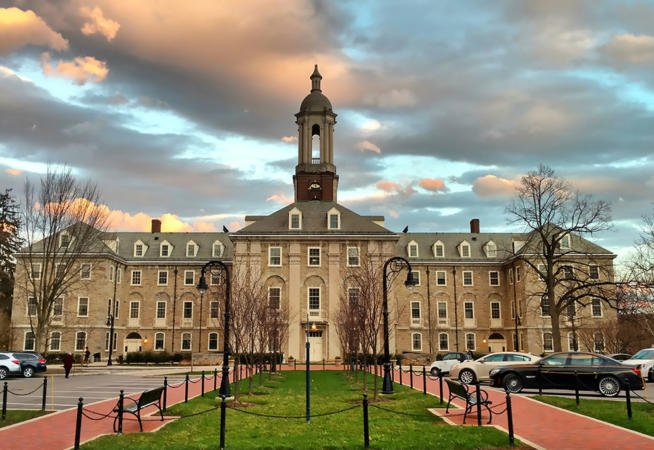A consortium of colleges and institutes have received $1.2 million from the National Science Foundation to form a group focused on developing diverse talent in the nanotechnology field.
Penn State Center for Nanotechnology Education and Utilization (CNEU), Norfolk State University (NSU), and Tidewater Community College (TCC) will form the Southeastern Coalition for Engagement and Exchange in Nanotechnology Education (SCENE) Louis Stokes Regional Center of Excellence in Broadening Participation.
SCENE aims to convey the various career pathways for STEM majors—which focus on introducing students to opportunities in nanotechnology.
“Our vision, as the three core institutes, is to realize an environment in which every underrepresented student who is interested in science and engineering should be able to pursue a STEM career without barriers,” said Osama Awadelkarim, CNEU director and professor of engineering science and mechanics in a press release.
The group plans to increase recruitment and retention of underrepresented students studying STEM at community colleges and HBCUs through nanoscience and nanotechnology education.
Black workers make up 11 percent of the overall workforce in the United States, but only 9 percent of STEM workers, according to the Pew Research Center.
“CNEU has an excellent track record of outreach, and the nanotechnology expertise we have accumulated over the years can be used as a conduit to hopefully excite URM students about nanotechnology, but ultimately STEM fields, and motivate them to pursue graduate degrees and careers in various STEM fields,” said Awadelkarim.
To increase its goals of garnering more interest and participation in STEM among diverse–SCENE plans to roll out programming and engagement around Remote access to nanotechnology instruments, modules, and multimedia kits, research experience and professional development for educators.
The program will develop its own website platform designed as a digital suite providing interactive online learning modules—such as the origin of nanotechnology—based on CNEU material.
HBCU student will also have the opportunity to visit state-of-the-art nanotechnology facilities for hands-on research projects. The team of colleges and institutes hope to implement an internship.
“If we are to provide high-quality education to underserved populations, we know that it takes more than a few institutions to have the impact we desire,” said Awadelkarim. “By providing local educators with the tools, resources and knowledge they need to effectively educate students in the classroom about nanotechnology, we can better ensure that students gain a realistic understanding of their career opportunities in nanotechnology, as well as in STEM fields.”

